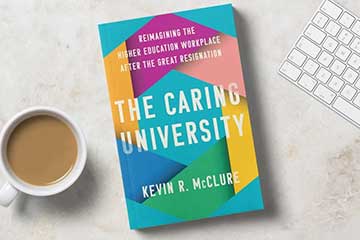InSciTE partners with local governments on data analysis
Conclusions about water, traffic could help influence solutions
A class of Central Michigan University students spent the spring learning how to analyze data in a way that can help local officials address concerning issues like traffic crash patterns and water use.
The students were in their third year of the Integration of Science, Technology and Engineering program. Kevin Pangle and Tibor Marcinek, faculty members leading an interdisciplinary data skills course, decided to connect that data to issues of concern in the Mount Pleasant area.
Their project started by watching local government meetings to see what problems vexed local officials. Pangle found several, which led to his next question.
“Is there a way to get data or access to data to analyze and report back on,” he said.
They said he found willing partners when he reached out to local municipal leaders, including Aaron Desentz, Mount Pleasant city manager. Desentz provided the students with data on the city’s water and wastewater usage.
They started their work by asking how students affect local water usage, Pangle said.
Using data provided by Desentz, they compared how much water the city drew from local sources and compared that to how much water is released through the wastewater treatment plant.
The gap represents water used, not just as drinking water but also for day-to-day uses like watering gardens. It’s a piece of information that could help municipal leaders make policy decisions informed by as much data as possible, he said.
For instance, during prolonged drought, municipal leaders could use the data to make data-informed decisions about water-use restrictions, Pangle said.
“We are looking forward to reviewing their analysis,” Desentz said. “The city enjoys partnering with CMU to provide these valuable opportunities for students.”
Students also looked at traffic crash patterns, both at busy intersections and involving animals.
One of the intersections, Broomfield and Mission, is well-known for a high volume of traffic and many car crashes, Pangle said. Students wanted to know how much influence students had on the number of crashes there.
Studying publicly available crash data gave students experience parsing large data sets for useful conclusions.
“The collision data is a great example of that,” he said.
The students’ conclusion from analyzing the data will be one tool local officials will have in addressing local issues. The good news is that it creates new opportunities to partner with local officials.
Future InSciTE cohorts can study policy changes to address problems studied this year, he said. They can also tackle different issues concerning other local governments.




